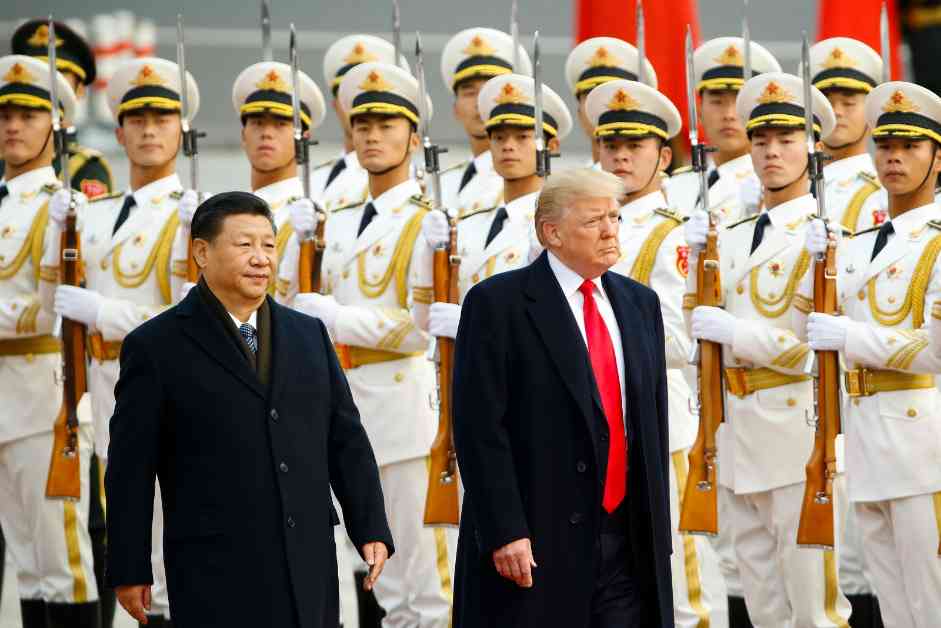U.S.-China Rivalry: Impact on Global Climate Progress
In recent years, the economic landscape of the world’s rich countries has undergone a significant shift. Driven by supply chain disruptions from the Covid-19 pandemic and geopolitical tensions like the Russian invasion of Ukraine, many governments have veered away from decades-long commitments to free trade. Instead, they are now focusing on bringing manufacturing back to their own shores and embracing industrial policy to control production within national borders.
Investments in Green Technology
Simultaneously, there has been a surge in investments in green technology on a massive scale. Clean energy investments now far surpass those in fossil fuels, indicating a global shift towards sustainability. However, despite these efforts, more coordinated regulatory actions are necessary to achieve the ambitious climate target of limiting warming to 1.5 degrees.
U.S.-China Trade War
The escalating trade war between the United States and China has significant implications for global climate action. The recent ban imposed by China on the export of rare minerals crucial for semiconductor manufacturing to the U.S. is just one example of the ongoing economic tensions between the two superpowers. This trade war, which has intensified over the last three U.S. presidencies, shows no signs of abating.
Expert Insights: The Role of Green Industrial Policy
To delve deeper into the impact of this rivalry on climate progress, Tim Sahay, co-director of the Net Zero Industrial Policy Lab at Johns Hopkins University, sheds light on the concept of green industrial policy. This policy is crucial for supporting the production of essential green technologies like EVs, batteries, and solar panels. It aims to reshape production systems to prioritize sustainability and combat climate change.
Moreover, the U.S. and China play pivotal roles in the global fight against climate change. Both countries are key players in the green economy, with China leading in various sectors like solar and wind manufacturing. While these advancements hold promise for clean energy transitions, challenges like human rights abuses in the supply chain must be addressed.
In conclusion, the U.S.-China rivalry has far-reaching consequences for global climate progress. From trade tensions to technological competition, the decisions made by these superpowers impact not only their economies but also the future of our planet. As we navigate this complex landscape, cooperation and sustainable policies are essential to drive meaningful change and ensure a greener, more equitable world for all.














